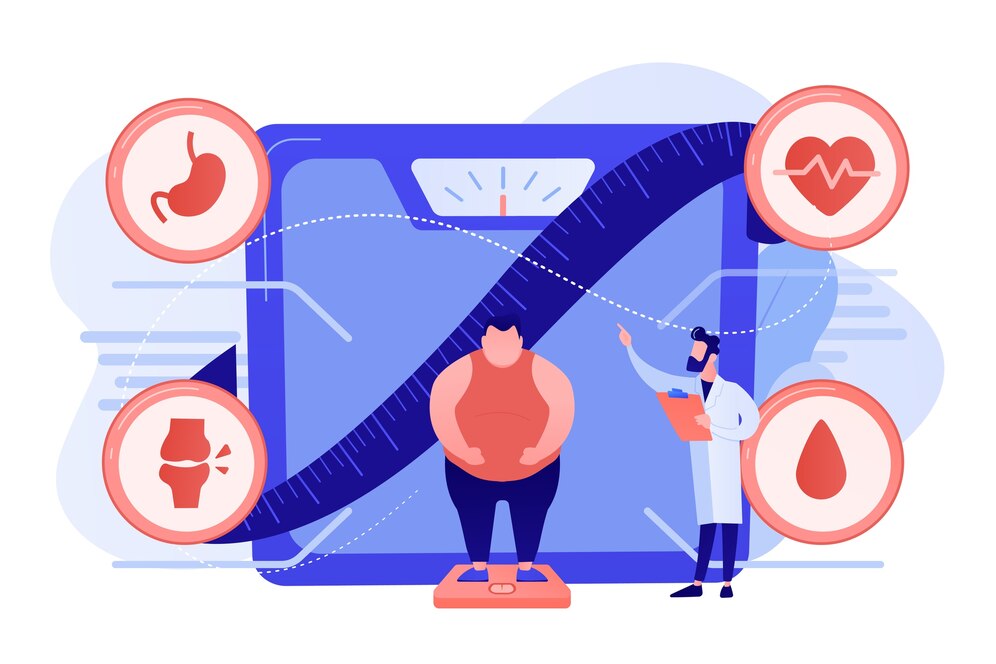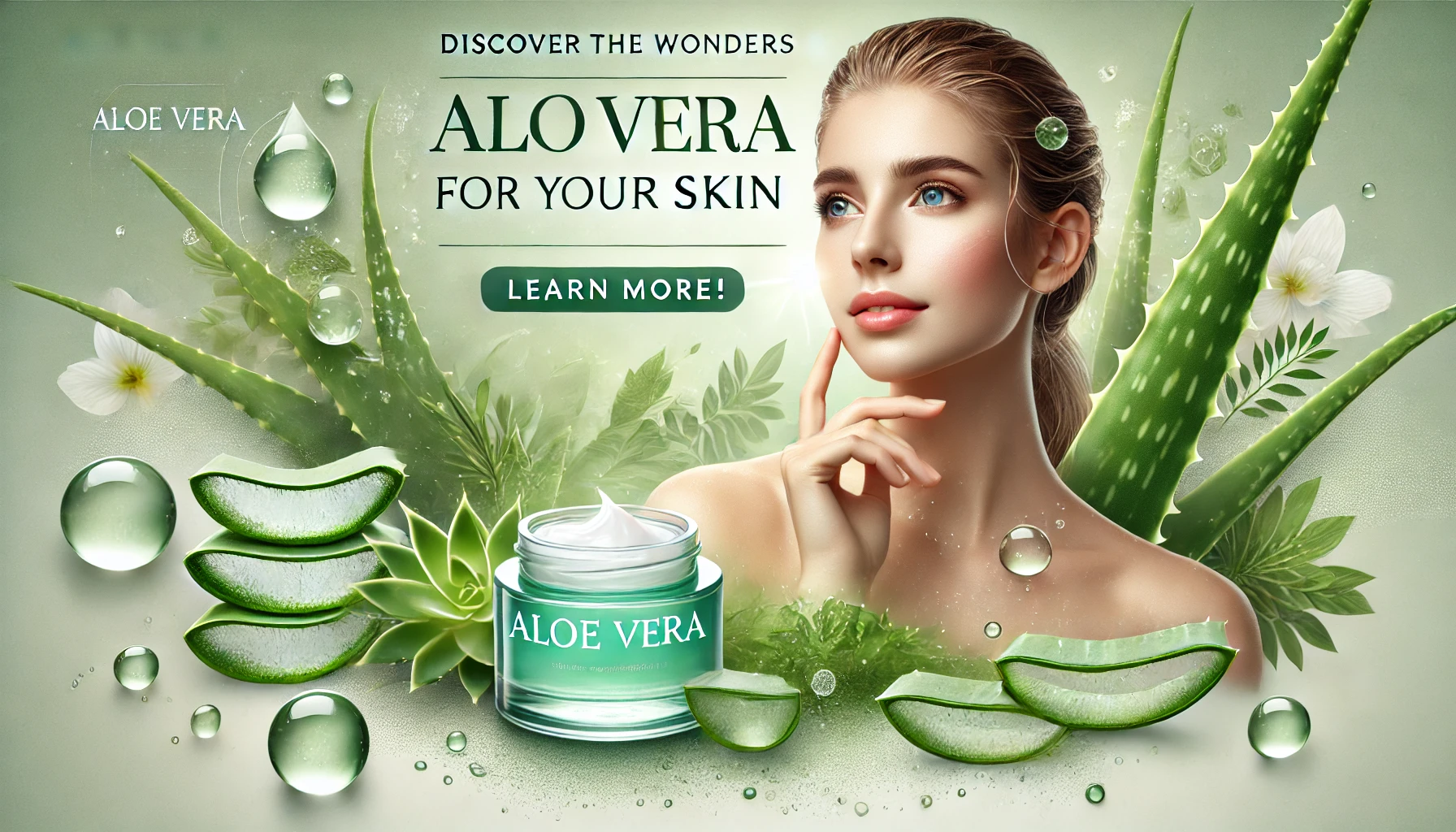Cholesterol is a necessary substance for your body, but an imbalance can lead to serious health problems. If you’re looking to reduce cholesterol naturally, there are practical and science-backed strategies that can help. You can achieve healthier cholesterol levels through simple changes in your diet. Engaging in regular physical activity helps as well. Altering your overall lifestyle also supports this goal without the need for medication.
Understanding Cholesterol: The Basics
Cholesterol is a fatty substance found in your blood, crucial for building cells and producing hormones. It comes in two primary types:
- Low-Density Lipoprotein (LDL): Often referred to as “bad cholesterol,” excessive LDL can lead to plaque buildup in your arteries.
- High-Density Lipoprotein (HDL): Known as “good cholesterol,” HDL helps remove LDL from your bloodstream.
Balancing these two types is critical to maintaining heart health. Natural remedies focus on lowering LDL and increasing HDL levels.
Dietary Changes to Reduce Cholesterol Naturally
1. Embrace Soluble Fiber
Foods high in soluble fiber bind cholesterol in the digestive system, preventing its absorption into your bloodstream. Include:

- Oats
- Barley
- Legumes
- Fruits like apples, oranges, and pears
2. Incorporate Healthy Fats
Not all fats are harmful. Replace saturated fats with monounsaturated and polyunsaturated fats found in:
- Olive oil
- Avocados
- Nuts (almonds, walnuts)
- Fatty fish (salmon, mackerel)
3. Add Plant Sterols and Stanols
Plant-based compounds like sterols and stanols block cholesterol absorption. Fortified foods such as certain margarines, juices, and yogurts are excellent sources.
4. Cut Back on Saturated and Trans Fats
Saturated fats, found in red meat and full-fat dairy, and trans fats, often in processed foods, significantly raise LDL levels. Opt for lean meats and low-fat dairy instead.
5. Eat More Antioxidant-Rich Foods
Antioxidants prevent the oxidation of LDL cholesterol, a process that contributes to plaque formation. Foods like berries, leafy greens, and dark chocolate are excellent sources.
The Role of Physical Activity in Cholesterol Management
6. Engage in Regular Exercise
Exercise is a powerful tool for improving cholesterol. Aim for:
- Aerobic Activities: Running, cycling, or swimming boost HDL.
- Resistance Training: Lifting weights enhances muscle mass and metabolism, indirectly lowering LDL.
- Daily Movement: Even walking for 30 minutes daily can yield results.
7. Reduce Sedentary Behavior
Prolonged sitting negatively impacts cholesterol levels. Incorporate standing breaks during work or use a standing desk.
Lifestyle Habits for Better Cholesterol
8. Quit Smoking

Smoking reduces HDL levels while damaging blood vessels. Quitting can restore HDL to healthier levels quickly.
9. Manage Stress
Chronic stress may contribute to unhealthy cholesterol levels. Techniques like yoga, meditation, and deep breathing can help manage stress effectively.
10. Moderate Alcohol Consumption
While moderate alcohol (especially red wine) may slightly boost HDL, excessive drinking can raise triglycerides and damage the liver.
Natural Supplements to Reduce Cholesterol
Some supplements have shown promise in improving cholesterol profiles, including:
- Omega-3 Fatty Acids: Found in fish oil, they lower triglycerides and slightly increase HDL.
- Psyllium Husk: A form of soluble fiber that aids digestion and lowers LDL.
- Niacin: A B vitamin known to raise HDL.
- Red Yeast Rice: Contains naturally occurring statins to lower LDL.
How to Reduce Cholesterol Naturally in Everyday Life
Reducing cholesterol naturally doesn’t require drastic changes. Start by making small, sustainable adjustments:
- Replace sugary snacks with nuts or fruits.
- Walk or cycle to work instead of driving.
- Opt for cooking with olive oil instead of butter.
Consistency is key. Over time, these changes can lead to significant improvements in your cholesterol levels and overall health.
FAQs
Cholesterol levels can begin to improve within weeks, but noticeable changes often take 3–6 months with consistent lifestyle changes.
While natural methods can significantly lower cholesterol, medication may still be necessary for individuals with very high levels or specific conditions.
Diet plays a crucial role, but combining it with exercise and stress management enhances results.
Moderate consumption may improve HDL levels, but excessive drinking has adverse effects.
Limit foods high in saturated fats, trans fats, and added sugars like fried foods, processed snacks, and sugary beverages.
Yes, plant-based diets rich in fruits, vegetables, whole grains, and legumes are highly effective in reducing LDL cholesterol.
Conclusion
Reducing cholesterol naturally is a holistic process involving diet, exercise, and lifestyle adjustments. Make thoughtful choices like incorporating more fiber. Engage in regular physical activity. Manage stress effectively. By doing these, you can improve your cholesterol profile and safeguard your heart health.



